Fun children’s song, ideal for parties or to dance to at any time with your children while they practice or learn new vocabulary in Spanish.
In the realm of joyful melodies and festive celebrations, “Chuchuwá” stands out as a spirited and playful song that has become synonymous with the holiday season. With its catchy rhythm and cheerful lyrics, “Chuchuwá” has found its way into the hearts of people around the world. In this exploration, we’ll embark on a delightful journey into the origins of the song, its inclusion in albums, the talented voices behind its rendition, and the intricate details that make “Chuchuwá” a timeless holiday classic.
Origins of “Chuchuwá”:
“Chuchuwá” has its roots in the rich musical tradition of Latin America, particularly Mexico. While the exact origins of the song are not definitively traced, it has become a beloved part of the holiday music repertoire, often associated with festive gatherings, celebrations, and, in particular, Christmas festivities.
The song’s name itself, “Chuchuwá,” reflects the onomatopoeic nature of its cheerful and rhythmic chorus. The playful interplay of sounds adds to the festive atmosphere, making it a popular choice for holiday parties, caroling, and various joyful occasions.
Inclusion in Albums:
“Chuchuwá” has been featured in numerous holiday albums and compilations over the years, solidifying its status as a timeless and cherished festive tune. Various artists and musical groups have included their interpretations of “Chuchuwá” in their albums, contributing to the song’s widespread popularity and cultural significance.
While “Chuchuwá” often appears in collections dedicated to Christmas and holiday music, its versatility allows it to transcend the season, making it a go-to choice for any joyous celebration. The song’s ability to evoke a sense of merriment and camaraderie has ensured its place in the musical tapestry of celebrations beyond just the holidays.
Singers and Performers:
Numerous singers and musical groups have lent their voices to “Chuchuwá,” each bringing their unique style and interpretation to the festive melody. The song’s popularity has led to a myriad of renditions, showcasing the diversity of musical expression across different cultures and regions.
One of the notable aspects of “Chuchuwá” is its adaptability to various musical genres and styles. From traditional mariachi arrangements to modern pop interpretations, the song has undergone creative transformations while retaining its core festive spirit.
Individual artists, choirs, and musical ensembles have embraced “Chuchuwá,” infusing their performances with personalized touches that resonate with their audiences. The song’s enduring appeal lies not only in its catchy melody but also in its ability to connect with people of all ages, fostering a sense of joy and togetherness.
Details that Make “Chuchuwá” Irresistible:
1. Rhythmic Joy: At the heart of “Chuchuwá” is its infectious rhythm. The upbeat tempo and playful percussion create a sense of jubilation, making it impossible to resist tapping your feet or joining in the cheerful dance that the song inspires.
2. Simple and Memorable Lyrics: The lyrics of “Chuchuwá” are simple yet memorable, making it easy for people of all ages to sing along. The repetition of the catchy “Chuchuwá” chorus adds to the song’s sing-along quality, turning it into a communal experience during festive gatherings.
3. Cultural Universality: While “Chuchuwá” has strong ties to Mexican and Latin American traditions, its appeal goes beyond cultural boundaries. The song’s universal themes of joy, celebration, and togetherness make it a favorite in diverse settings and communities around the world.
4. Adaptability in Arrangements: Musicians and performers have embraced the adaptability of “Chuchuwá,” experimenting with different arrangements and styles. From traditional interpretations that feature mariachi instruments to contemporary pop renditions, the song’s core essence remains intact, showcasing its ability to evolve while maintaining its festive charm.
5. Community Connection: “Chuchuwá” has become more than just a song; it’s a symbol of community and shared joy. Whether sung around a holiday dinner table, during a festive parade, or as part of a children’s choir performance, the song fosters a sense of unity and happiness that transcends individual experiences.
Cultural Significance and Global Celebration:
“Chuchuwá” has become a cultural phenomenon with a global reach. Its inclusion in holiday celebrations, both in Latin America and beyond, underscores its significance as a unifying and joyous musical expression. The song’s presence in cultural events, festivals, and community gatherings serves as a reminder of the power of music to bring people together in celebration.
In Latin American countries, “Chuchuwá” is often a central part of posadas, traditional Christmas processions that reenact the journey of Mary and Joseph seeking shelter. The song’s lively rhythm adds a festive touch to these processions, creating a sense of jubilation and community spirit.
Conclusion:
As we wrap ourselves in the warmth of holiday festivities, “Chuchuwá” emerges as a timeless companion, inviting us to join in the celebration of joy, togetherness, and the spirit of the season. Its playful melody and infectious rhythm have made it a beloved part of holiday traditions, creating a sense of connection and shared merriment.
In the ever-expanding landscape of festive tunes, “Chuchuwá” remains a shining star, its cultural roots and universal appeal weaving a tapestry of joy that spans across borders and generations. So, as you find yourself caught up in the rhythms of celebration, let “Chuchuwá” be the soundtrack to your holiday gatherings, a melody that transcends language and invites everyone to join in the chorus of festive cheer. ¡Chuchuwá, chuchuwá, alegre va la parranda!
.- Youtube.com – Chuchuwá Link here.
.- lyrics Chuchuwá Link here.
Chuchuwá
Chuchuwá, Chuchuwá,
Chuchuwá wá wá Chuchuwá,
Chuchuwá, Chuchuwá wá wá
¡Compañía!
Brazo extendido /
Puño cerrado /
Dedo hacia arriba /
Hombros en alto /
Cabeza hacia atrás /
Culete hacia atrás /
Pies de pingüino /
Lengua afuera
♦♦♦


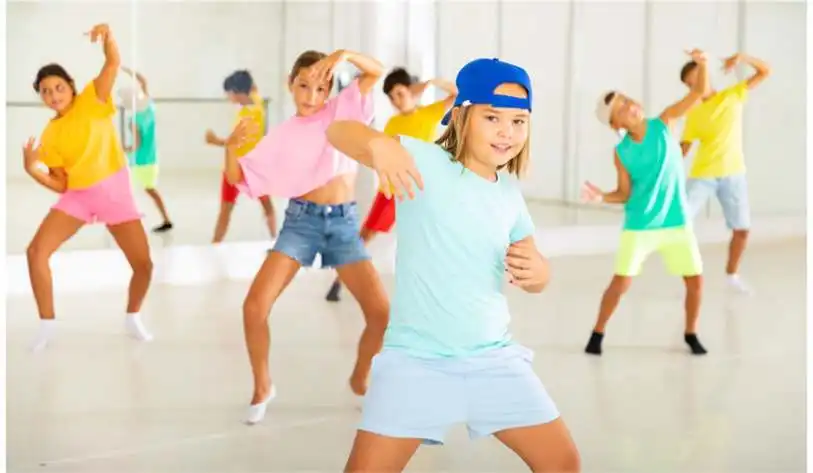

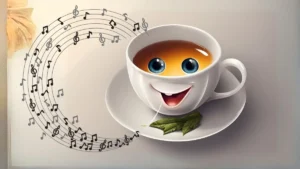
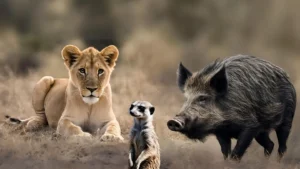
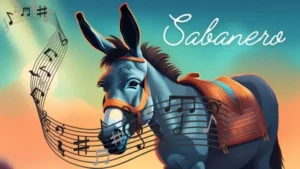
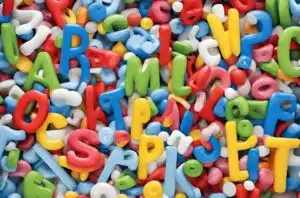


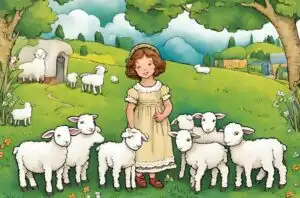
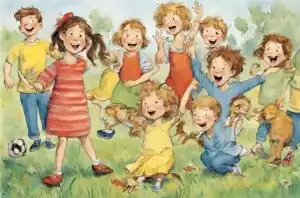
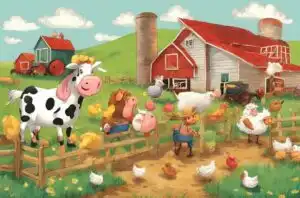
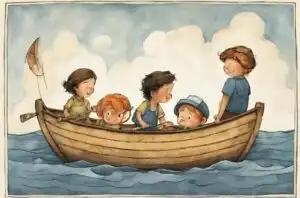
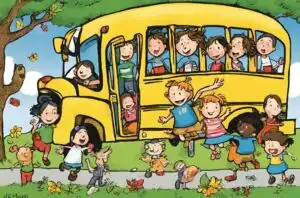





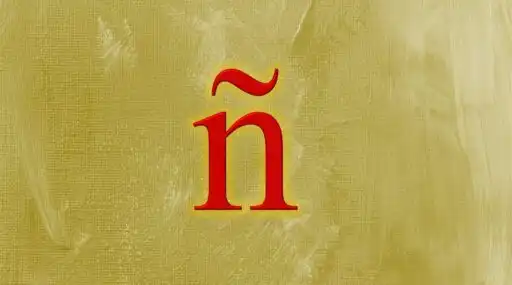


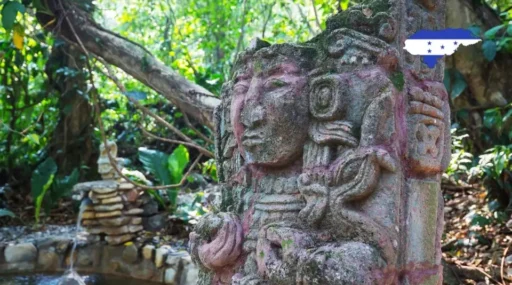


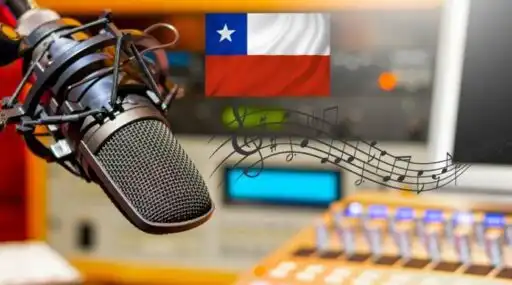
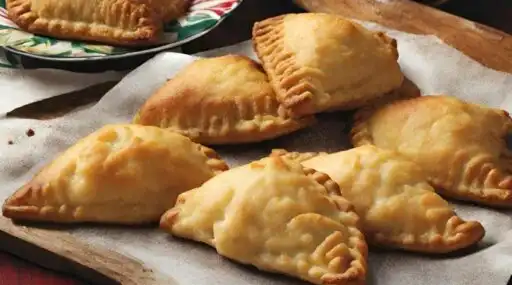
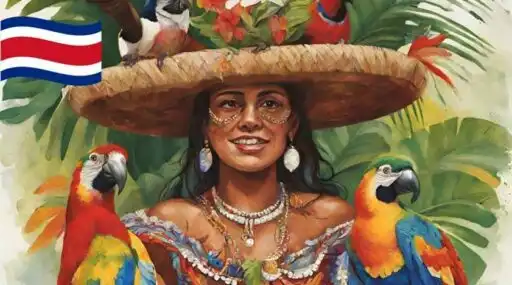
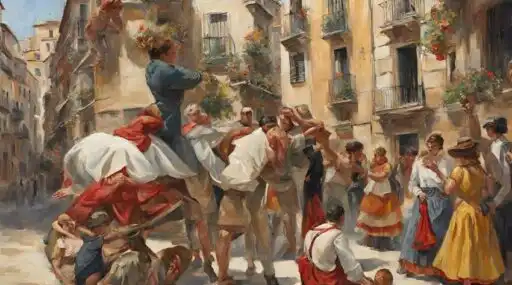


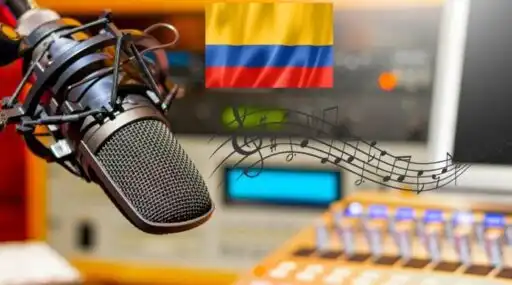
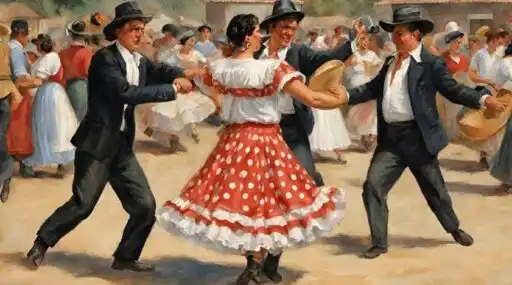
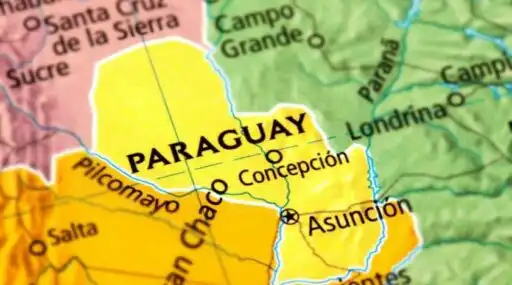
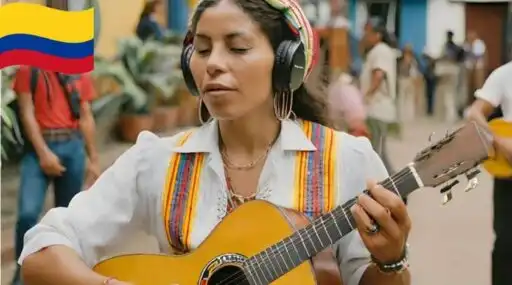
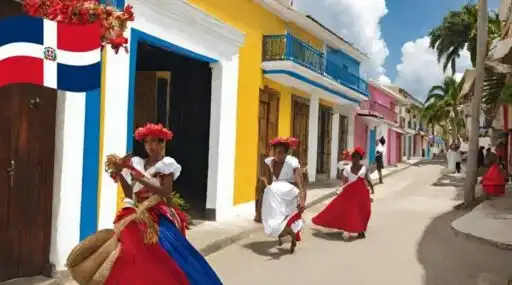

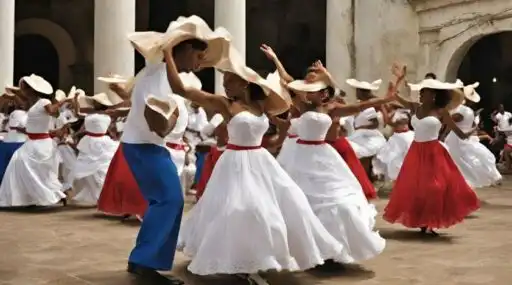

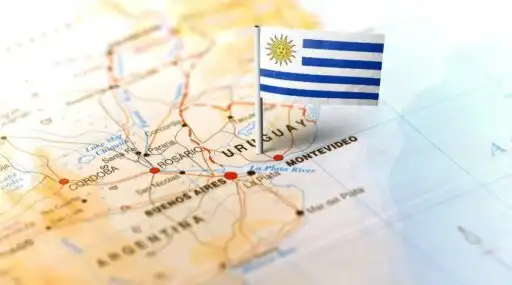



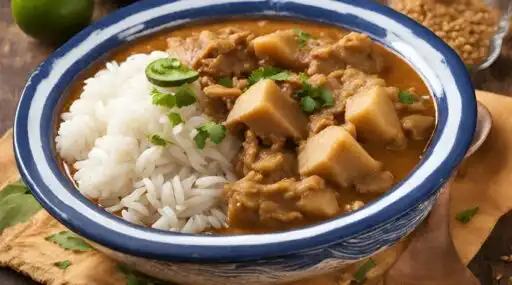


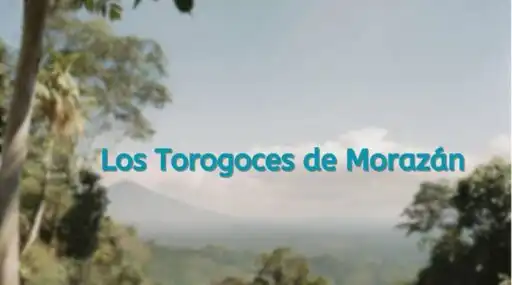
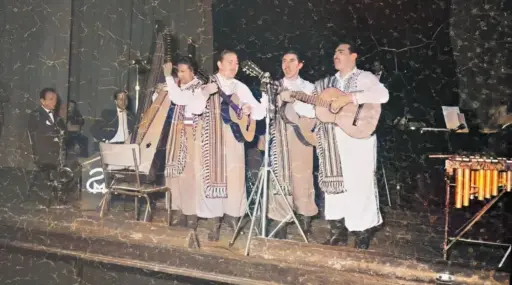
Leave a Reply